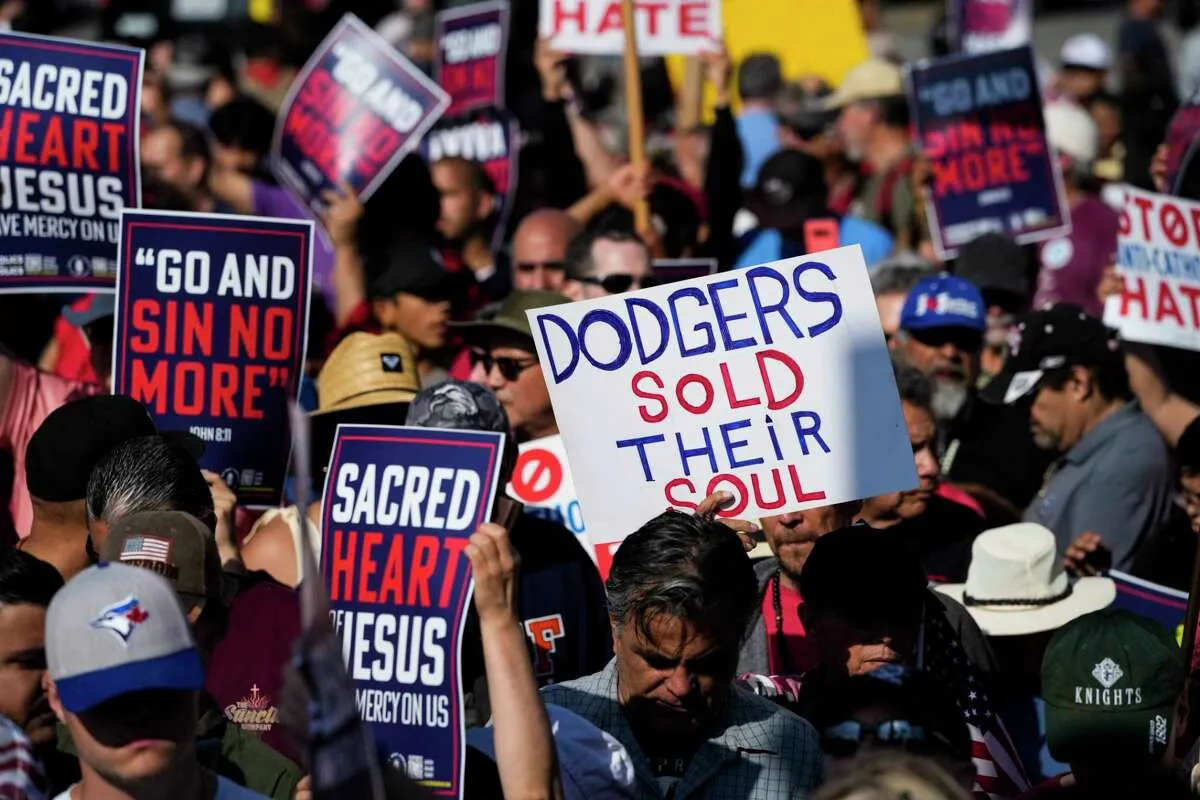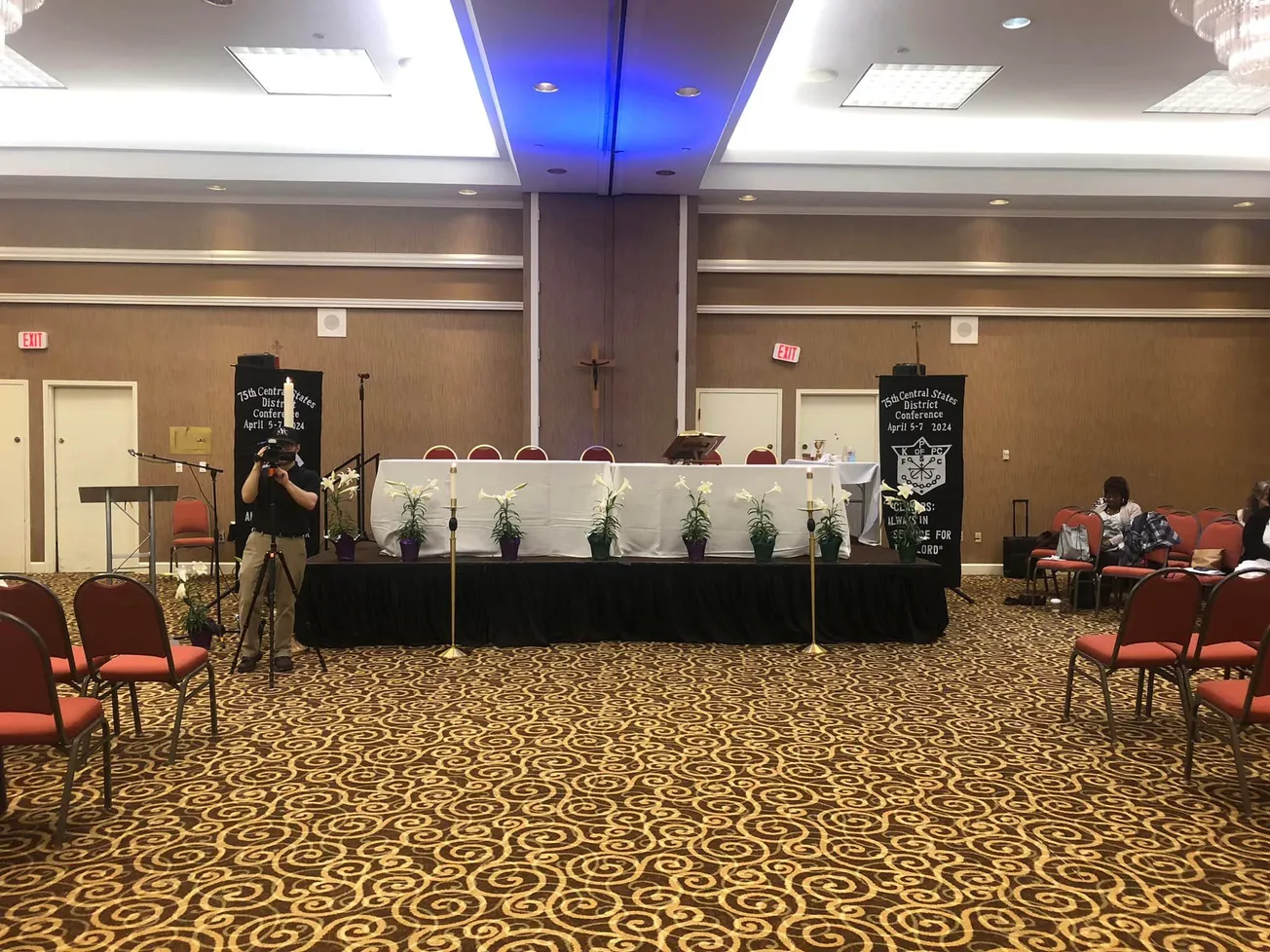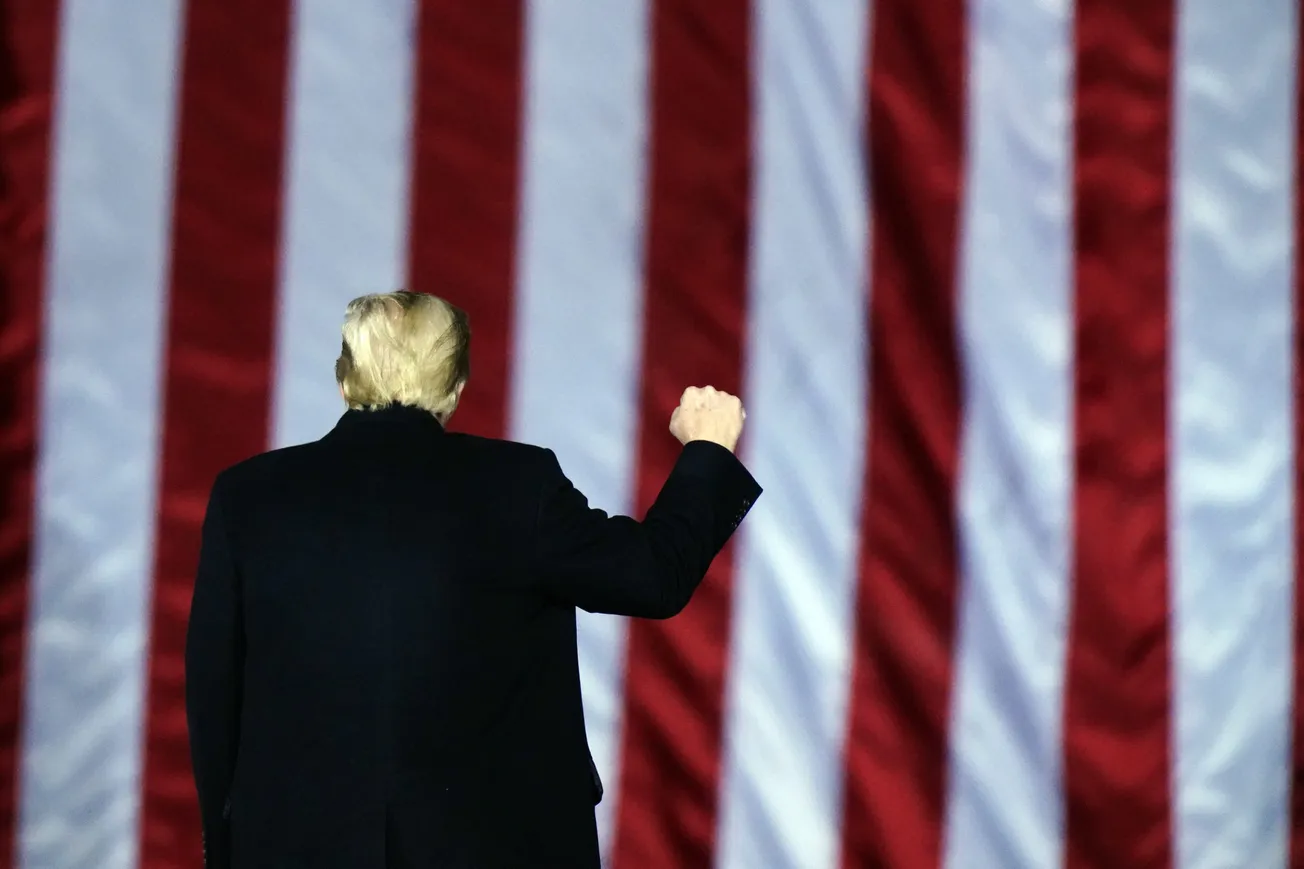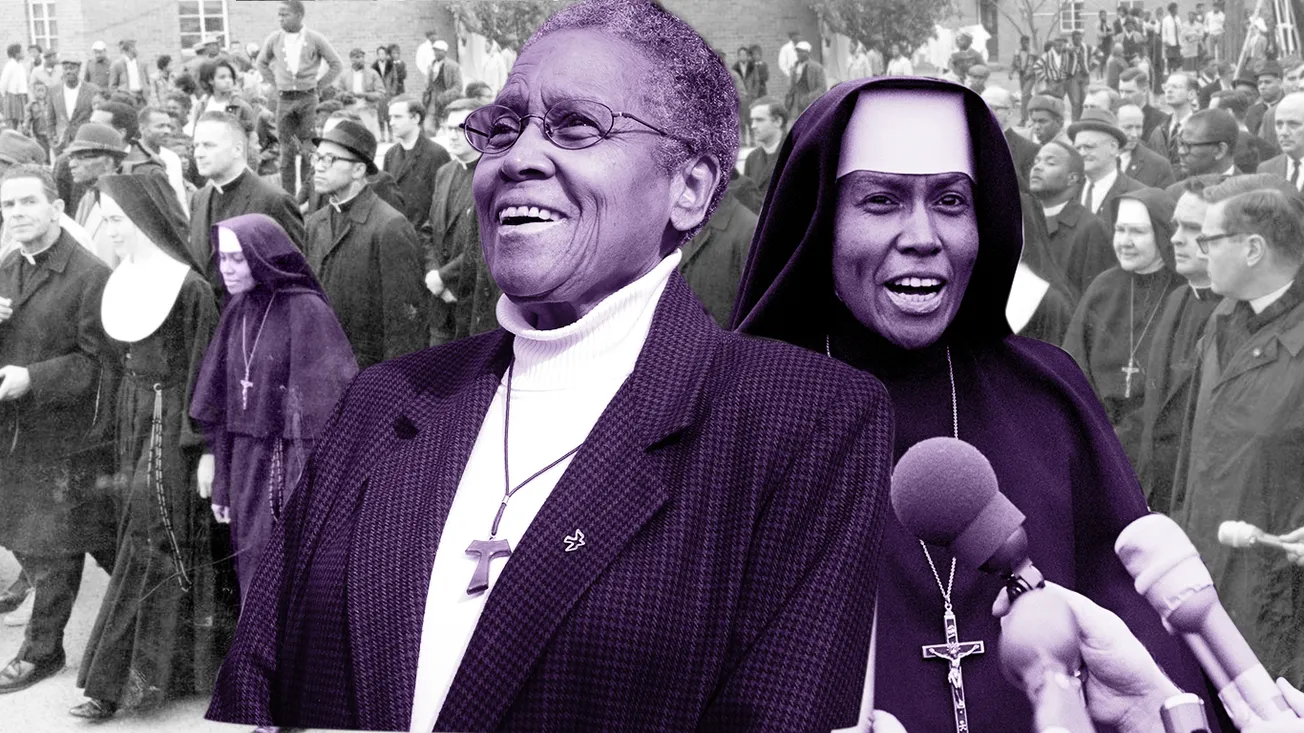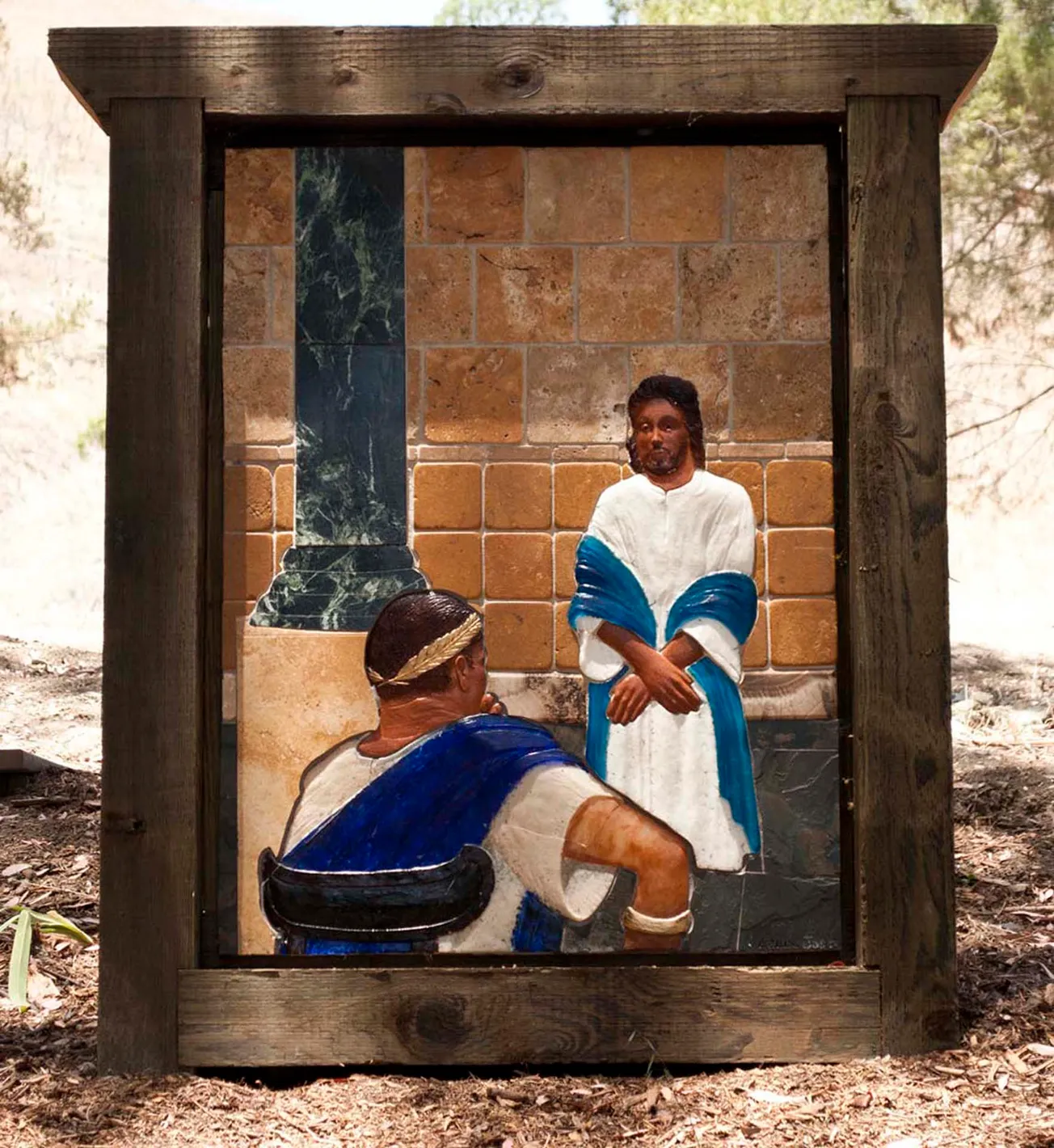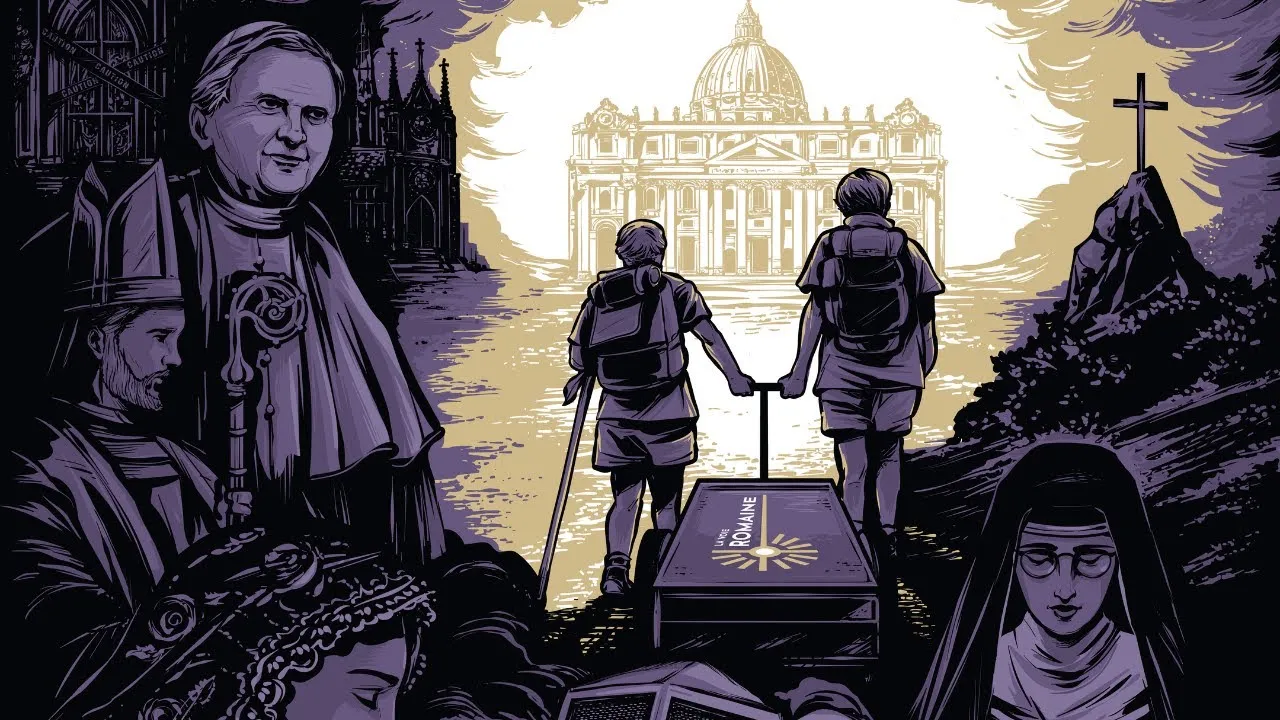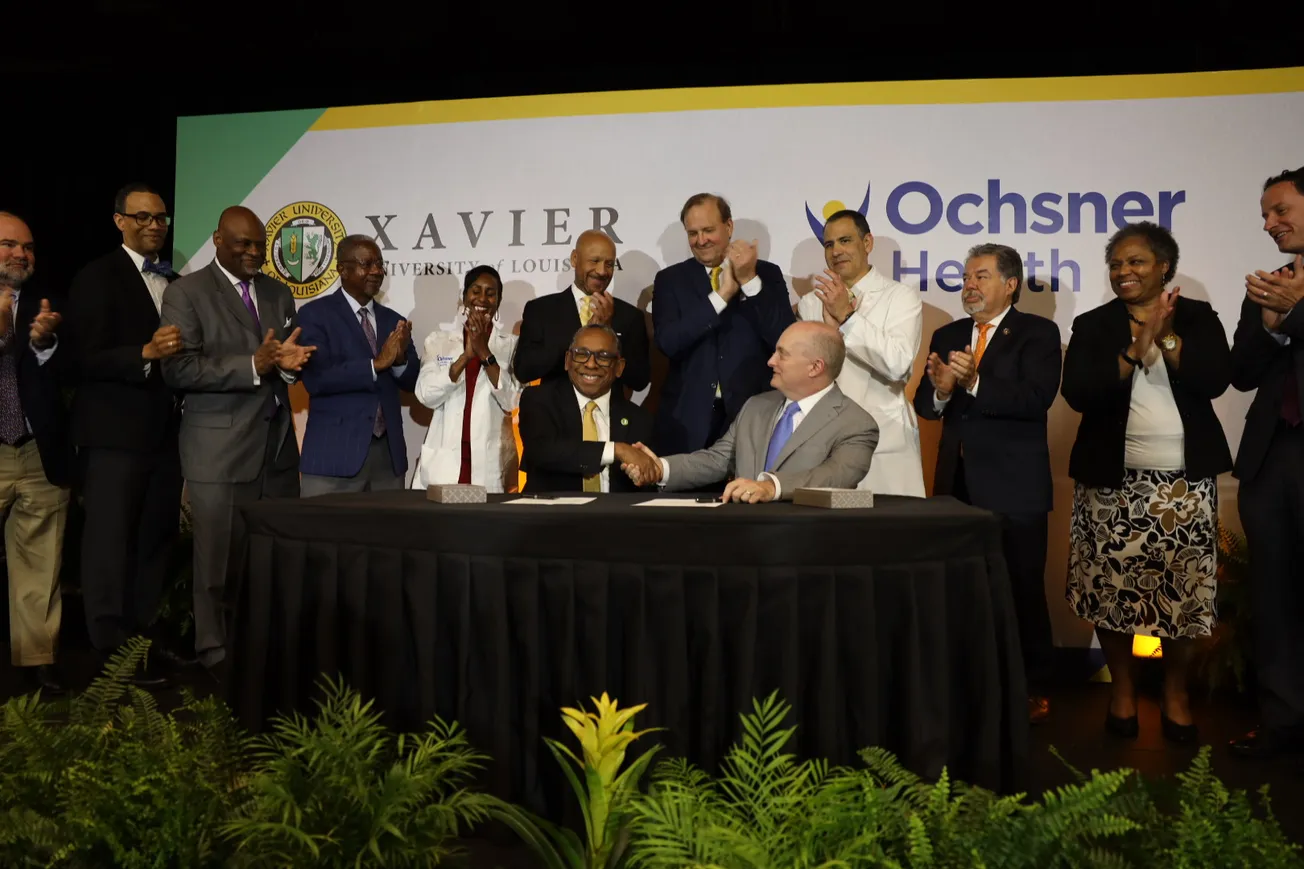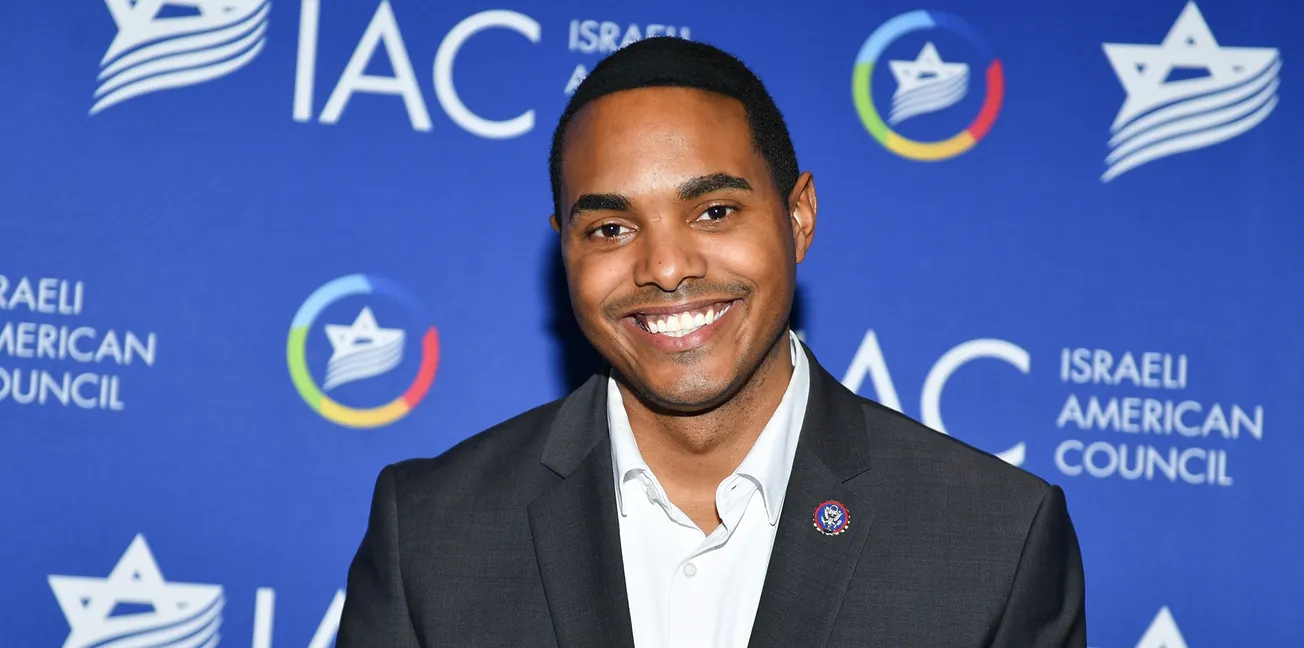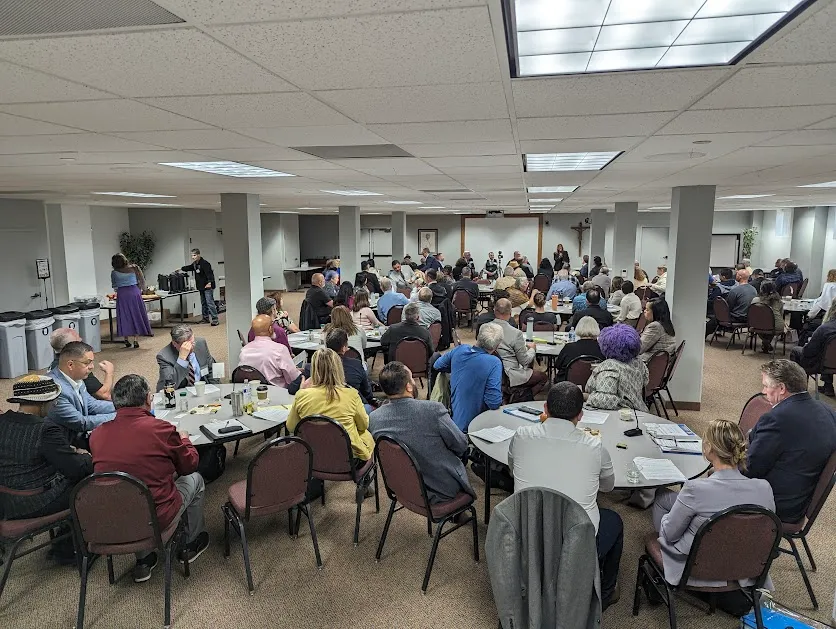Sport exists at a fascinating nexus of human activity. It is at once individual and collective, unifying and dividing, parochial and universal. It is both competition and cooperation, both deeply personal and highly social. It is little wonder why it excites in all of us such passion and devotion, poetically described by the great writer Eduardo Galeano as “the only religion without atheists.”
Sport as a site of protest and resistance has recently been a hot-button issue in mainstream discourse, usually centered around the renaissance of the athlete-activist in the wake of Colin Kaepernick’s understated protests on the football field in 2016. It would be a fundamental mistake, however, to consider this a new phenomenon.
The Black American sports fan has no such luxury as to have only been aware of sport as a flashpoint of resistance in the past decade or so. From Jackie Robinson to Paul Robeson to John Carlos to Muhammad Ali to Wilma Rudolph to Arthur Ashe, for us, our mere existence in the arena of sport is itself an act of resistance. There is an inescapable awareness. Even my clean-cut, Army veteran, Republican father, who voted twice for Bush and once for McCain, reveled in it. He was, and still is, an unhesitant partisan for Black representation and Black uplift, partly of necessity.
Growing up, he was an avid tennis, golf, and soccer player, three sports that at the time had a reputation for being dominated by White players. He was, as a result, a passionate advocate and supporter of greater representation of Black players in sports where they were perceived as aberrational or unwelcome. Yannick Noah he referred to as “my dude” and he could recount the finer points of Tiger Woods’ career with clinical detail. These things he imparted to me, and even as we clashed on matters like war, peace, healthcare, and commerce, we shared a patriotic devotion to Carlos’ raised fist and Kaepernick’s bent knee.
The Los Angeles Dodgers—formerly located in Brooklyn—have a special place in this history. By signing Robinson, an act spurred in part by a vigorous campaign from radical sportswriter Lester Rodney, the Dodgers became the staging ground for shattering the seemingly-intractable color barrier in Major League Baseball. When given the opportunity, Robinson, too, was unapologetically outspoken on politics, becoming a passionate Civil Rights activist and writer in his later career. For this, he received an all-too-familiar recrimination: that as an athlete, he ought not get involved in such matters. Never mind that Robinson was already a pioneer in the means and methods of nonviolent resistance—aptly referred to by Dr. Martin Luther King Jr. as “a sit-inner before sit-ins.”
Lamentations about the “politicization” of sport have been increasingly desperate and shrill among the culturally conservative and the reflexively unselfconscious, roundly summarized in the pithy rebuke, “Shut up and dribble,” coined by right-wing firebrand (and Catholic convert) Laura Ingraham. That refrain has echoes throughout sporting history, from Howie Cosell’s “first rule of the jockocracy” to legendary coach Phil Jackson’s cries that “politics stays out of the game” in response to the Milwaukee Bucks’ landmark mid-season protest after the shooting of Jacob Blake in 2020. But the notion that sports and politics do not mix is both socially irresponsible and objectively untrue, from the billion-dollar interests backing sports clubs to the use of sport by dictatorships as a bid for legitimacy.
Robinson had no such luxury, as his very existence on the baseball diamond with the Dodgers jersey on his back was a political statement. Coach John Wooden’s refusal to play his UCLA team in a segregated NAIA tournament is a political statement. Bruce Levenson selling the Atlanta Hawks to save his conscience is a political statement. Kareem Abdul Jabbar’s dogged (and repeatedly thwarted) attempts to become one of an infinitesimal minority of Black NBA coaches is a political statement. Michael Jordan’s refusal to use his enormous platform for advocacy, and LeBron James’ acceptance of a vocation to do so, are each a political statement. We are a political people. Anything we do (or refuse to do) has political implications. And herein lies the paradox of June’s protest of the LA Dodgers.
A group of Catholics, thousands strong, turned out last month to oppose the team’s decision to honor the Sisters of Perpetual Indulgence (SPI) on Pride Night, an act deemed to be a manifestation of anti-Catholic bigotry. The SPI are organized as a charitable group whose advocacy tends to focus on the promotion of sex education, HIV/AIDS awareness, birth control, and support for LGBTQ+ people. However, they are also a performance art collective who perform in drag as Catholic nuns—with all the camp that is implied—as part of their direct action. The choice of imagery is not accidental: the San Francisco-based group has its origins in community organizing in the Castro District, once home to highly-visible religious orders offering succor to a community of working-class Catholics. The SPI were most likely conceived as intentional mockery, given the organization’s participation in such activities as a faux-exorcism of Pope John Paul II during his papal visit to the United States in 1987.
The Sisters were perhaps a dubious choice for honors from the Dodgers, being a small, obscure group with a limited impact. Accordingly, it’s not too out of left field—pun intended—to regard the move as, if not anti-Catholic in nature, a demonstration of an undue tolerance of cultural anti-Catholicism. However, situated in a broader sociopolitical context—particularly with regard to that of sports and sporting organizations—the protest against them was a mortifying display of petulance. Many of the protesters confessed that it was their first time engaging in such political activity, a stunning admission of failure in light of the many protestable injustices in American society. The Catholics present shared space with Shut Up and Dribble stalwarts, including Turning Point USA and CatholicVote.
Charitably, though, there is a consistent principle to be found here: an opposition to the politicization of sport. Unfortunately, that charitable interpretation does not survive even a glancing look at the protest itself, featuring signs emblazoned with such charged slogans as “SATAN HAS NO RIGHTS” and “STOP ANTI CATHOLIC HATE” and even “ASK ME WHY YOU DESERVE HELL.” It could be argued that moral issues are not political issues, but what are politics if not morals applied socially? There was a clear message being delivered by the protestors in Los Angeles that night on what we as a society should do and believe—which is politics at its core. More importantly, why should drag shows and men in nuns’ habits be construed as a moral issue that transcends politics but not, say, police violence against Black Americans?
The Dodgers are hardly a blameless organization. Indeed, their move from Brooklyn to LA was itself an ugly story of corporate greed and inhumanity. And their Pride Nights are best contextualized as part of a league-wide attempt at “pinkwashing”: paying lip service to LGBTQ+ pride as a marketing ploy with no material or political commitment. The lack of sincerity is easily illustrated by the Dodgers’ spineless vacillation on honoring SPI, entirely the result of external pressure and a response mechanism backed by no apparent principle but corporate PR. As Catholics, we should not have any sincere expectations that commercial organizations driven by the logic of profit will have any genuine interest in protecting and promoting our faith. Moreover, when we choose to protest one perceived injustice, we should do well to understand how our silence in the face of others will be construed.
Celebrity prelate Bishop Robert Barron of Winona-Rochester (formerly of Los Angeles), who urged the protest on, had no qualms whatsoever with being used as a gameday gimmick by the Dodgers on Catholic Night in 2016, when the MLB was embroiled in a legal battle for underpaying minor league players. Such trouble should have rankled the self-proclaimed baseball lover who frequently touts encyclical teachings such as Pope Leo XIII’s “Rerum Novarum” and John Paul II’s “Laborem Exercens.” We can and should lament the increased commercialization of sports, the transformation of beloved pastimes and occasions for everyday heroism into a corporate enterprise, but surely we can do better than only finding a cause for concern when a rainbow flag is flown. The Dodgers—and the game of baseball itself—rightly excite passion among fans, but such passion being used only in self-serving ways is a vice, not a virtue.
There’s no real doubt that the Sisters’ name, structure, activities, and choice of costuming are all conceived as intentional mockery of the Catholic faith and religious orders. But so what? Is our highest aspiration as the faithful to publicly shake our fists and stomp our feet against every insult? Is our only acceptable form of political resistance in the sporting world that which inveighs against anti-Catholic bigotry? Our Lord bore graver insults on His very body as He was led to die at Golgotha—the thorny crown He wore upon His head a testament to His condemners’ contempt for His life, mission, teachings, and claim. A contingent of protestors who can only be relied upon to appear when avenging a personal insult, waving around images of Christ and Mary amid sanctimonious slogans, is as much a mockery of the Christian faith as burlesque in nuns’ habits. The appearance that the only political issue that Catholics can be relied on to care about is rainbow flags and drag shows will inevitably do more harm to the moral authority of the Church than any of the SPI Condom Masses.
Apropos are the words of the political sportswriter and author Dave Zirin, who once eloquently said the following:
“Sports as a whole do not represent black and white, good or bad, red state or blue state issues. Sports are neither to be defended or vilified. Instead we need to look at sports for what they are, so we can take apart the disgusting, the beautiful, the ridiculous and even the radical.”
Those of us who enjoy sports often do so in spite of the exploitative reality that lies behind the blinding stadium lights. There is occasion for greatness even in the increasingly commercial atmosphere of The Game, perhaps best exemplified by the usage of sport as an arena of political resistance. The Dodgers protest represents a wooden simulacrum of this resistance, the latest symptom of a Church that has lost its capacity for moral leadership.
Jack Champagne is a jurist, educator, writer, and father.


